Meet the team behind Innovating Learning and Education in the Era of AI.
MIT RAISE TEAM
We bring together diverse expertise from faculty, staff and students across all five schools of MIT.
Faculty and Research Scientists

Cynthia Breazeal
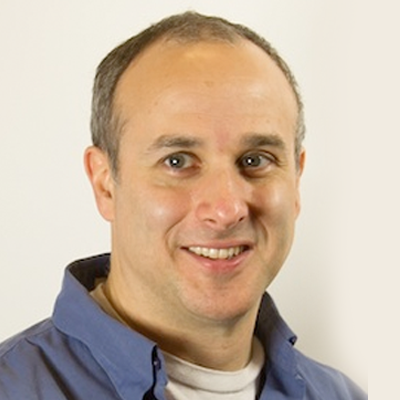
Eric Klopfer

Hal Abelson
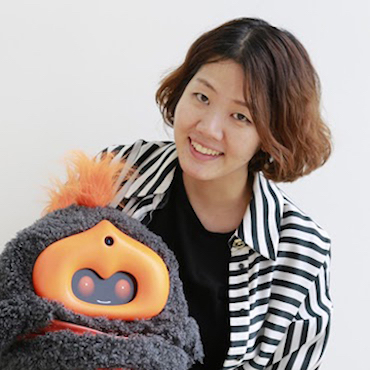
Hae Won Park
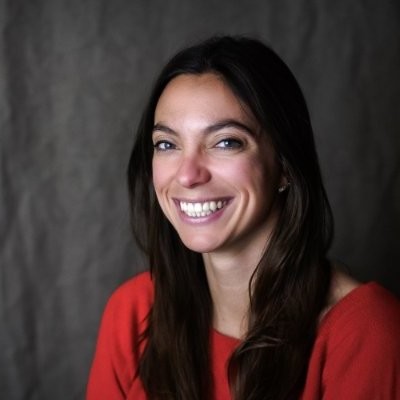
Christina Bosch
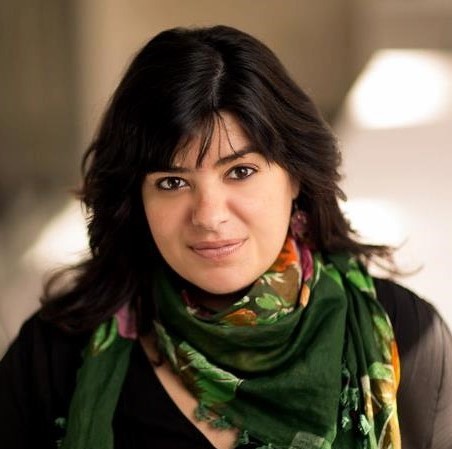
Aikaterini (Katerina) Bagiati, PhD.
Bagiati is currently a Principal Research Scientist within MIT Open Learning. She conducts research on STEM learning and educational program development with an emphasis on the engineering and technology component at the K-12, higher education and workplace education level, as well as on the efficacy of innovative learning technologies and pedagogical approaches for AI education She is also the developer of the Puppeteering to Engineering Curriculum.

Dr. Andrés Felipe Salazar Gómez
Dr. Andrés Felipe Salazar Gómez is a research scientist at MIT Open Learning where he works in the intersection of neuroscience and education. His research is focused on studying novel pedagogical and technological approaches to promote learning, researching brain-computer interfaces for human-robot interaction, capturing and quantifying tacit knowledge and expertise to understand implicit learning, using AR/VR systems for improving training, and exploring science policy in the domain of education. Andrés has 10+ years of expertise in experimental design, data science and quantitative methods and advocates data-driven insights to enhance educational research and assessment towards accessible high-quality education, for everyone, everywhere.
Student Research Assistants
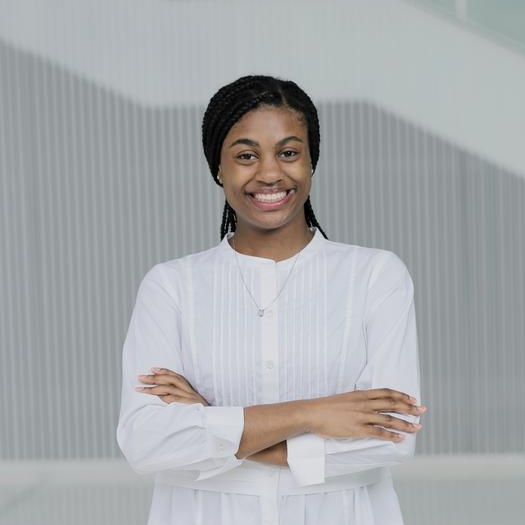

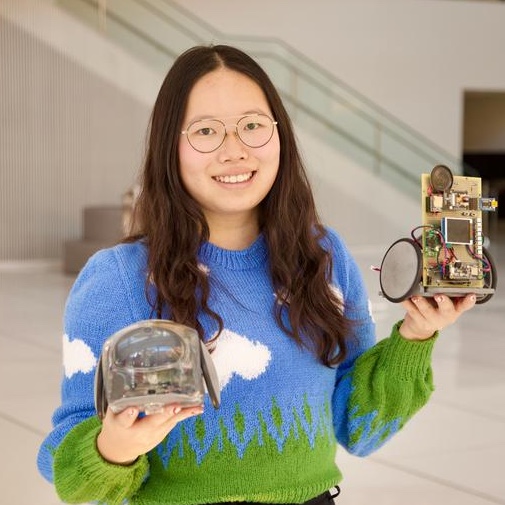
Isabella Pu
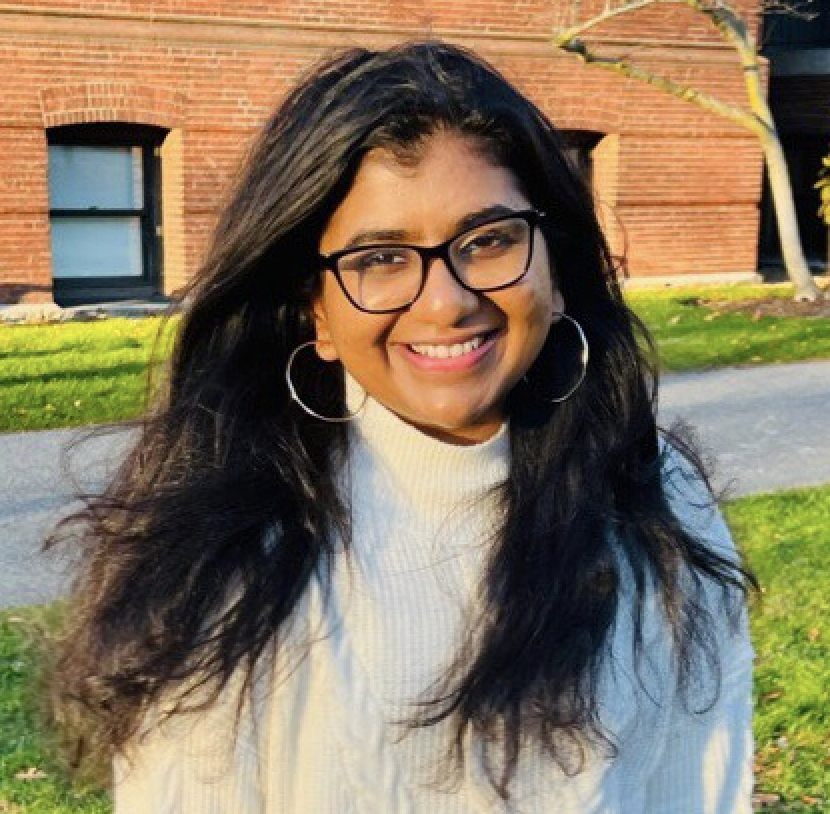
Prerna Ravi

Huili Chen

Randi Williams
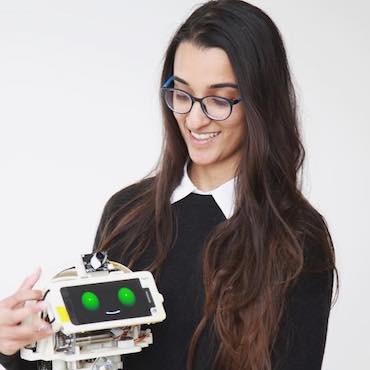
Safinah Ali

Daniella DiPaola

Xiajie Zhang
Staff

Julia Reynolds-Cuéllar
Julia Reynolds-Cuéllar leads global outreach for RAISE, forging impactful alliances that scale RAISE’s content and reach worldwide. With over a decade of experience in global partnerships, Julia’s journey began leading fieldwork for the One Laptop per Child project in Rwanda. She then served as Managing Director for the MIT-Africa Initiative, which included running MIT Global Startup Labs; and as head of membership for the Jameel World Education Lab. Passionate about transformative education, Julia is dedicated to ensuring that both learners and teachers across the world feel that AI is understandable, accessible, and that all can be, and need to be, leaders in its development and future.
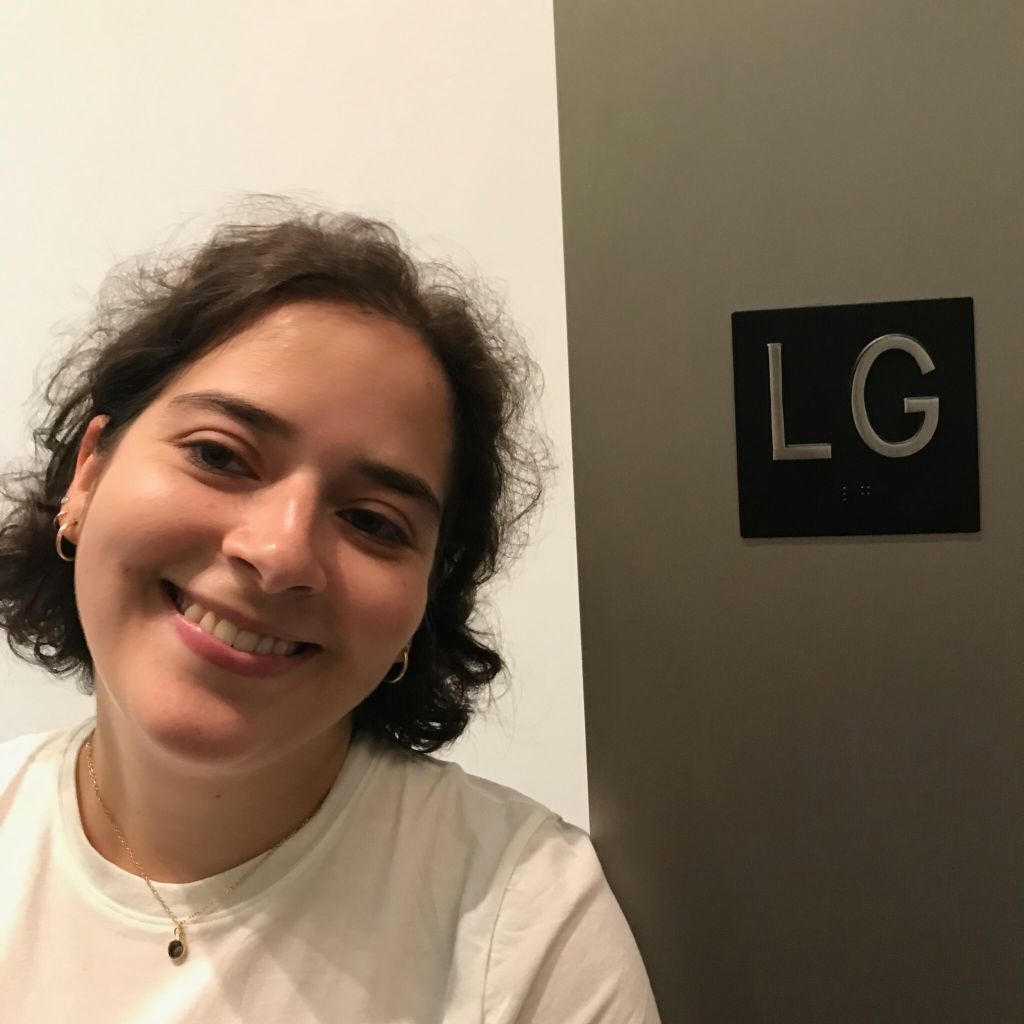
Lydia Guterman

John Masla

David Kim

Jeff Freilich

Sarah Wharton
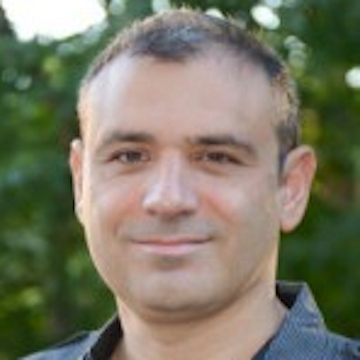
Selim Tezel

Robert Parks
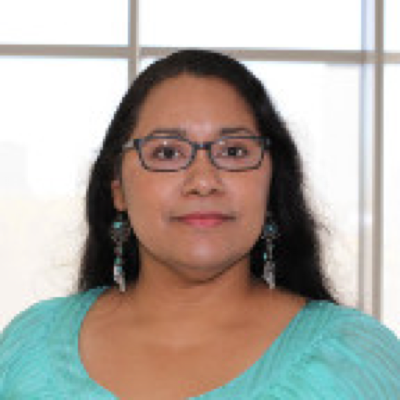
Marisol Diaz

Angie Zhou
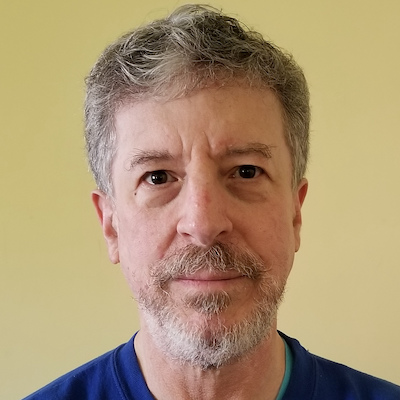
Jeff Schiller

Evan Patton
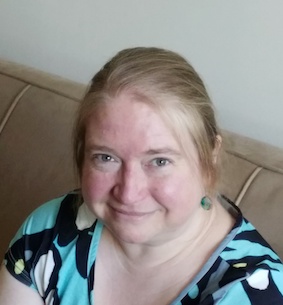
Susan Lane
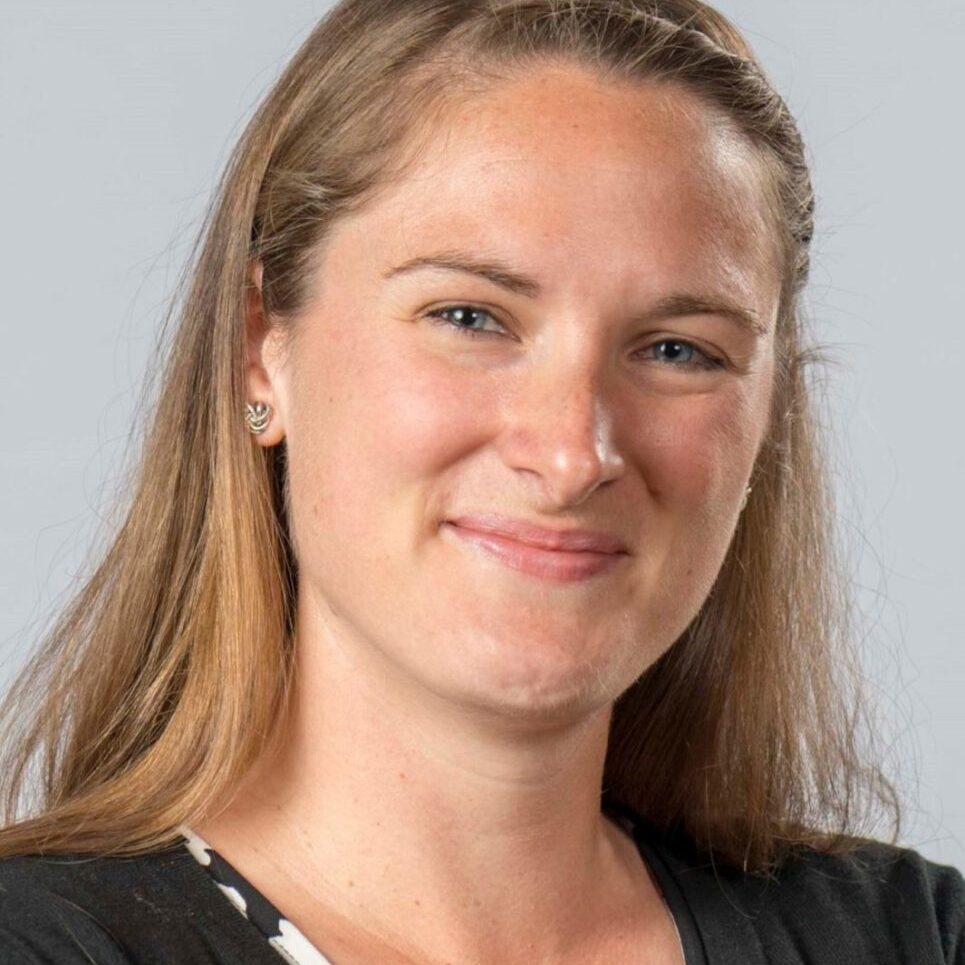
Mary Cate Gustafson Quiett

Steve Nelson


